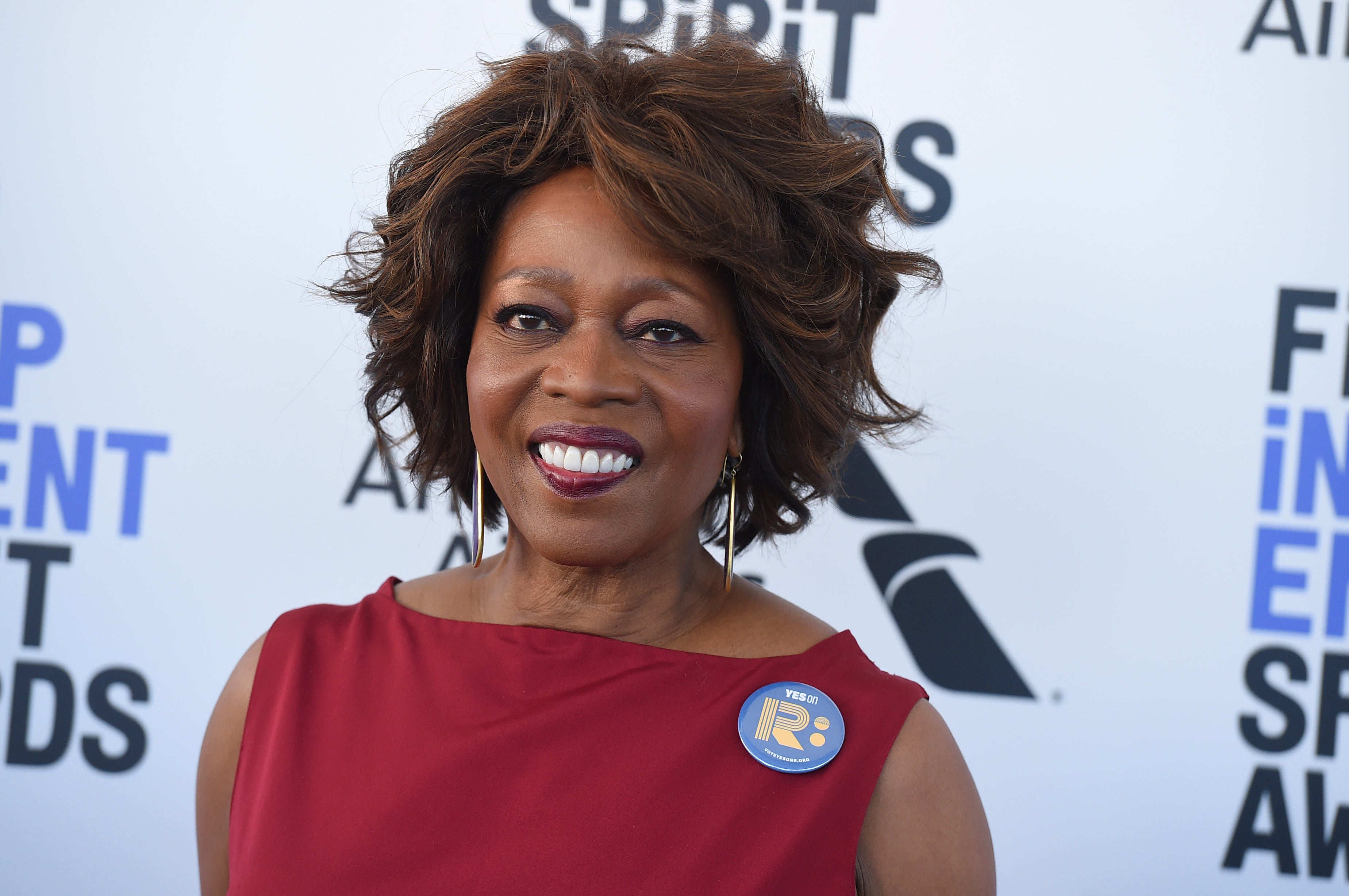Oklahoma begins Tulsa race massacre centennial remembrance
Oklahoma has launched a centennial remembrance of a once-thriving African American neighborhood in Tulsa decimated by deadly white violence

Your support helps us to tell the story
From reproductive rights to climate change to Big Tech, The Independent is on the ground when the story is developing. Whether it's investigating the financials of Elon Musk's pro-Trump PAC or producing our latest documentary, 'The A Word', which shines a light on the American women fighting for reproductive rights, we know how important it is to parse out the facts from the messaging.
At such a critical moment in US history, we need reporters on the ground. Your donation allows us to keep sending journalists to speak to both sides of the story.
The Independent is trusted by Americans across the entire political spectrum. And unlike many other quality news outlets, we choose not to lock Americans out of our reporting and analysis with paywalls. We believe quality journalism should be available to everyone, paid for by those who can afford it.
Your support makes all the difference.Oklahoma began a centennial remembrance Friday of a once-thriving African American neighborhood in Tulsa decimated by deadly white violence that has received growing recognition during America's reckoning over police brutality and racial violence.
Emmy Award-winning actress and Tulsa native Alfre Woodard and U.S. Sen. James Lankford both delivered remarks via video to a small crowd that gathered in chilly, snowy weather at the John Hope Franklin Reconciliation Park.
State Sen. Kevin Matthews, who represents the North Tulsa area where the massacre happened 100 years ago said the park, named in honor of Oklahoma native and noted American historian John Hope Franklin, provided the perfect backdrop for a message of reconciliation.
“We can be a beacon of reconciliation around the world," Matthews said. “And ultimately, we can revive the spirit of Black Wall Street and cooperative economics that once lived here and that we want to see in a greater way in the future."
Violence erupted May 31 and June 1 in 1921, when a white mob killed an estimated 300 people and wounded 800 while burning 30 blocks of Black-owned businesses and homes and neighborhood churches in the Greenwood neighborhood, also known as “ Black Wall Street.” Planes were even used to drop projectiles on the area, burning it to the ground.
A renewed search for bodies in 2020 found at least 12 in an unmarked mass grave in a Tulsa cemetery. A team led by Oklahoma’s state archaeologist has not been identified the bodies or confirmed they are victims of the massacre. But they were found in an area adjacent to two gravestones of victims and where old funeral home records show both identified and unidentified victims were buried.
Tulsa and the race massacre received new national interest over the summer when President Donald Trump picked the city for the first of his signature campaign rallies of the coronavirus era. His initial plan to hold the rally on Juneteenth — the day the last enslaved African Americans learned they had been freed in 1865 — also sparked interest in Tulsa's turbulent racial legacy, although Trump later changed the date of his rally.
The 1921 Tulsa Race Massacre Commission has more centennial events planed throughout the year.